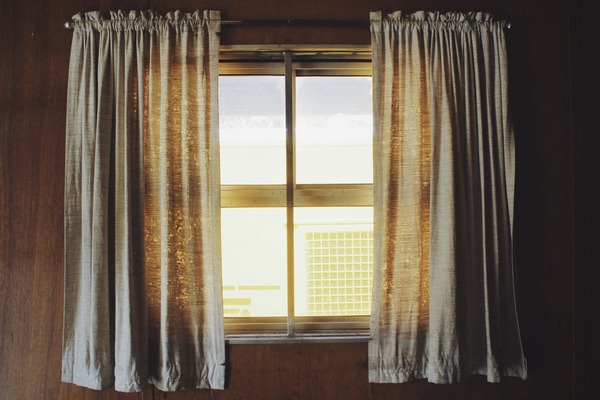If you live in a busy city, chances are you’ve experienced your fair share of noisy neighbors and honking horns. While some noise pollution is inevitable, there are steps you can take to soundproof your home and minimize distractions from the outside world. Read on to learn how to soundproof your home from outside noise.
Seal Gaps With Weatherstripping
Gaps and cracks around doors and windows are one of the main causes of unwanted noise in homes. By sealing these gaps with weatherstripping, you can significantly reduce the amount of noise that enters your home. To install weatherstripping, simply remove the old stripping (if present), clean the surface, and apply the new stripping according to the manufacturer’s instructions.
Install Heavy Curtains
Curtains not only absorb sound but also block it from entering your home. For best results, choose curtains that are made of heavyweight fabrics such as velvet or velour. If possible, install double-paned windows, which provide an extra layer of protection from outside noise.
Add Rugs or Carpet
Rugs and carpets help to muffle noise by absorbing sound waves before they have a chance to bounce off hard surfaces and echo through your home. In addition, rugs and carpets add insulation, which further reduces the transmission of noise. Choose carpets that are made of dense materials such as wool or nylon for maximum sound absorption.
Mount Acoustic Panels
Acoustic panels are designed to absorb sound, making them an ideal solution for reducing echoes and minimizing outside noise in your home office or living room. This is especially important if you do any kind of audio recording in your home. To install acoustic panels, simply adhere them to your walls using hooks or Velcro strips. For best results, place the panels at strategic points around the room such as behind a speaker or television.
Use a White Noise Machine
White noise machines produce a steady background noise that helps to mask intrusive sounds such as honking horns and barking dogs. The soothing sounds of rain, waves crashing on the shoreline, or a gentle breeze blowing through trees are ideal for helping you relax and fall asleep at night despite any outside noise pollution that may be present.
Conclusion
By taking these simple steps, you can soundproof your home from outside noise and create a peaceful oasis in the midst of a busy cityscape. In addition to helping you relax and concentrate, soundproofing your home can also increase its resale value—a win-win for everyone!

